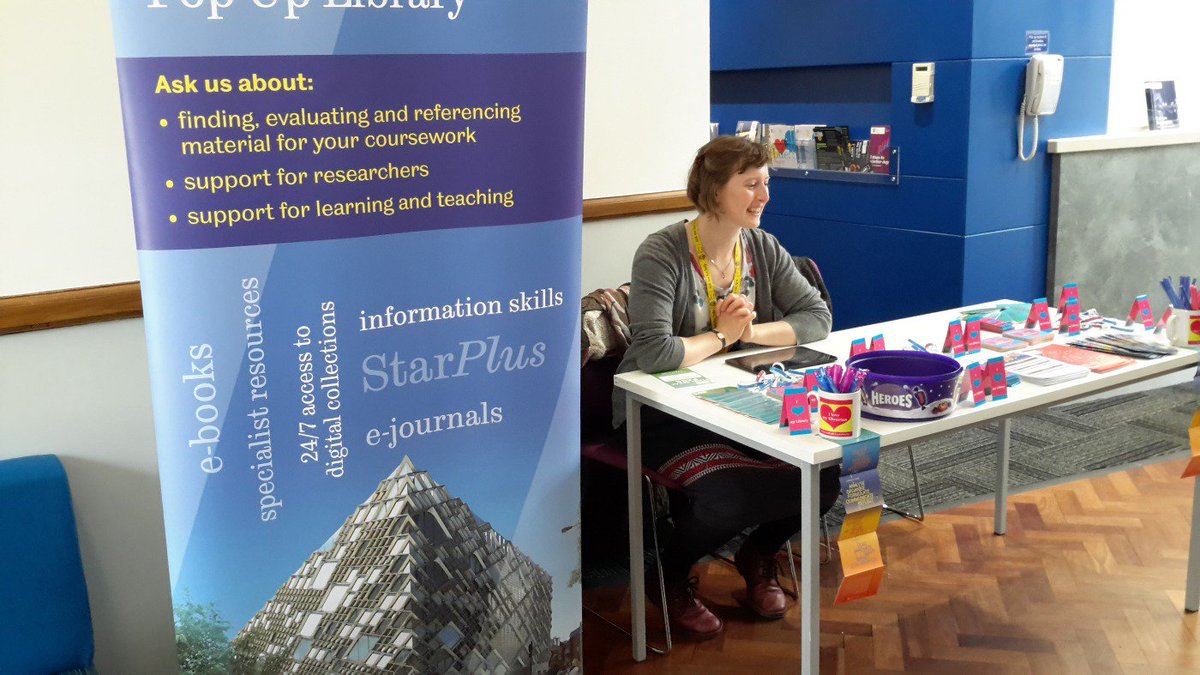Do you need help finding literature or data for your dissertation, or advice on the correct way to reference the sources you intend to refer to? The library subject specialists for social sciences are happy to answer questions or offer advice, either by email, or face to face at a time that suits you.
Find your subject specialist from the list below and get in touch - we may be able to save you a lot of time!
Information School, Journalism, Lifelong Learning, Psychology, Sociological Studies:
Alastair Allan email
a.allan@sheffield.ac.uk, tel (0114) 222 7268 (external), 27268 (internal)
East Asian Studies, Politics:
Gill Goddard email
g.m.goddard@sheffield.ac.uk, tel (0114) 222 7334 (external), 27334 (internal)
Architecture, Education, Geography, Landscape, Town & Regional Planning:
Denise Harrison email
denise.harrison@sheffield.ac.uk, tel (0114) 222 7270 (external), 27270 (internal)
Economics, Law, Management:
Maria Mawson email
m.b.mawson@sheffield.ac.uk, tel (0114) 222 7348 (external), 27348 (internal)




